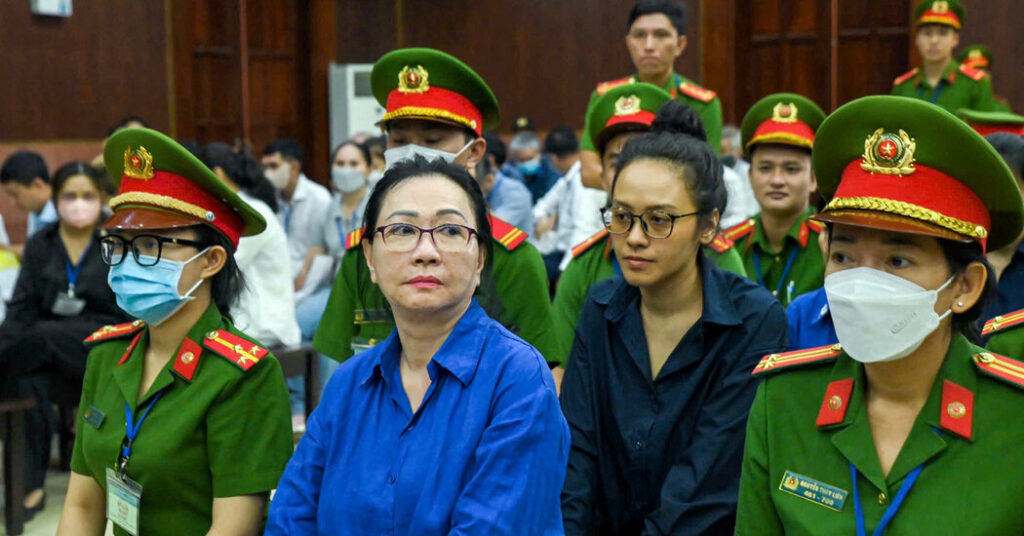
Vietnam has taken a significant step towards aligning with international human rights norms by abolishing the death penalty for eight criminal offenses. On Wednesday, the Vietnamese Parliament unanimously ratified amendments to the penal code, effectively ending capital punishment for crimes including embezzlement, espionage, attempts to overthrow the government, and state infrastructure sabotage, as confirmed by authorities. The amendments also apply to counterfeiting medicines, transporting illegal drugs, accepting bribes, and waging wars against the nation. The maximum penalty for these offenses has now been reduced to life imprisonment.
The decision marks a pivotal change for Vietnam, where the death penalty has historically been applied to a wide range of crimes. A notable beneficiary of this legislative shift is Truong My Lan, a prominent real-estate tycoon who was sentenced to death last year in a high-profile $12 billion fraud case. Her lawyer, Giang Hong Thanh, expressed that the change would commute her sentence to life imprisonment, noting that Mrs. Lan is very pleased with the development.
Context and Background
The abolition of the death penalty for these offenses is part of Vietnam’s broader efforts to reform its legal system and improve its human rights record. The country has faced international criticism for its use of capital punishment, particularly for non-violent crimes. By narrowing the scope of crimes eligible for the death penalty, Vietnam aims to enhance its international standing and address human rights concerns.
Nguyen Minh Duc, a police lieutenant general and deputy chair of the parliamentary committee on national defense and security, stated that the revised law would bolster Vietnam’s ongoing anti-corruption drive. “Some countries have refused to extradite fugitives wanted for corruption due to Vietnam’s use of capital punishment,” he explained, highlighting the practical implications of the reform.
Expert Opinions and Historical Parallels
Experts in international law and human rights have welcomed Vietnam’s decision, viewing it as a positive step towards greater compliance with global standards. Dr. Le Thi Quynh, a human rights advocate and legal scholar, commented, “This is a significant move for Vietnam. By reducing the number of crimes eligible for the death penalty, Vietnam is signaling its commitment to reform and modernization.”
Historically, Vietnam’s legal system has been heavily influenced by its political landscape, with harsh penalties often used as a deterrent against perceived threats to state security. However, the global trend has been shifting towards the abolition of the death penalty, with many countries reducing or eliminating its use. Vietnam’s legislative change reflects this broader movement, aligning more closely with international norms.
Implications and Future Prospects
The abolition of the death penalty for these crimes could have far-reaching implications for Vietnam’s legal and political landscape. By reducing the severity of punishment for non-violent offenses, the country may improve its diplomatic relations and increase cooperation with other nations, particularly in terms of extradition and international law enforcement.
Looking forward, this development may pave the way for further reforms in Vietnam’s penal system. Human rights organizations are hopeful that this change will lead to a broader reconsideration of the use of the death penalty in the country, potentially reducing its application even further.
As Vietnam continues to evolve and modernize, the abolition of the death penalty for these offenses represents a significant milestone. It not only reflects a shift in domestic policy but also underscores the country’s growing engagement with international human rights standards.
